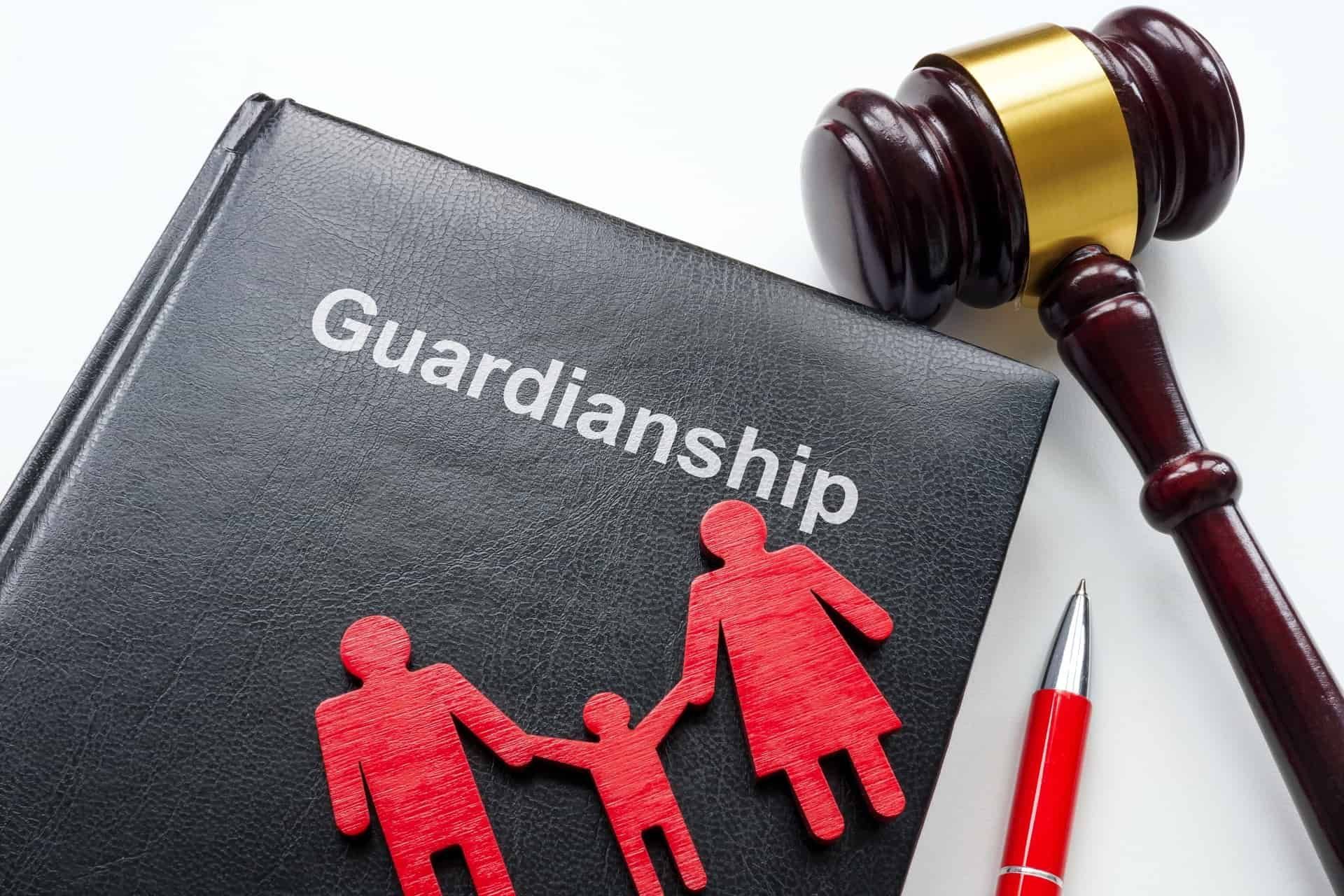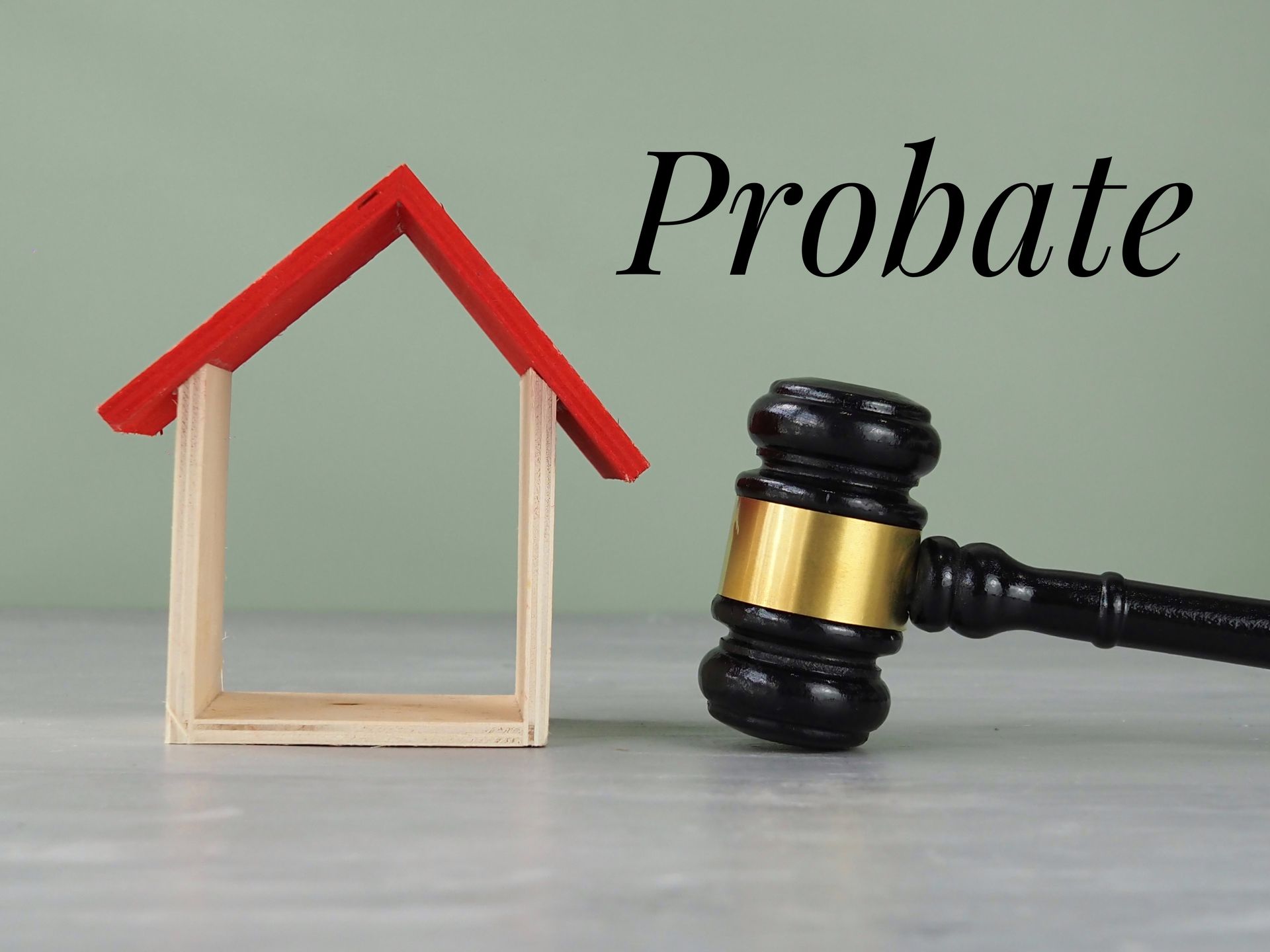Understanding Trust Litigation in Florida
Trusts play a crucial role in estate planning, serving as tools to manage and distribute assets according to the grantor's wishes while offering tax advantages and legal safeguards. Despite their benefits, trusts can sometimes become the subject of disagreements, leading to what's referred to as trust litigation.
Understanding trust litigation is essential in Florida, where many individuals engage in estate planning due to its retiree population. This article will explore the complexities of trust litigation in Florida, looking into reasons for disputes, the legal procedures involved, and practical strategies for resolving conflicts.
What Does Trust Litigation Involve?
Trust litigation involves conflicts related to the management or terms of a trust. These disputes often emerge when beneficiaries or other involved parties believe that the trust is being mishandled, misinterpreted, or that their rights under the trust are not being upheld. Such cases can encompass issues ranging from challenges regarding the trust's validity to disagreements over trustee actions.
In Florida, trust litigation is regulated by the Florida Trust Code, which sets forth guidelines for trustees' and beneficiaries' rights and obligations while providing a structure for settling disputes. Understanding the aspects of trust litigation is crucial for individuals overseeing or benefiting from a trust.
Common Causes of Trust Litigation in Florida
1. Trustee Mismanagement
One of the reasons for trust litigation is when beneficiaries accuse the trustee of mishandling trust assets. Trustees are required by law to act in the interests of beneficiaries, which is a duty. This duty involves managing trust assets, keeping beneficiaries informed, and following the trust terms.
Disagreements can emerge if beneficiaries believe the trustee has not met these obligations. Instances of mismanagement include:
- Making investments with trust funds.
- Neglecting to provide accurate updates to beneficiaries.
- Getting involved in conflicts of interest.
2. Disagreements Over Trust Interpretation
Another common cause of trust litigation is disagreements over how the terms should be understood. Trust documents can be intricate and unclear, and ambiguous provisions can lead to arguments about asset management or distribution.
For example, a trust might have terms that beneficiaries interpret differently, sparking debates about the grantor's intentions. These disputes can become heated if the trust contains language or conflicting views among beneficiaries.
3. Challenges Regarding Trust Validity
Trust-related lawsuits can also stem from challenges that question the trust's validity. This situation often arises when a beneficiary or someone with a vested interest believes the trust was established under influence, pressure, or deceit. In Florida, proving the invalidity of a trust involves showing that the person creating the trust could not do so or was unduly influenced by another individual.
4. Violation of Fiduciary Responsibility
A trustee failing to fulfill their duty can result in legal repercussions. Beneficiaries can pursue trust litigation if they suspect that the trustee has breached their duty by prioritizing their interests over those of the beneficiaries.
Examples of breaches include:
- Misusing trust assets.
- Showing favoritism toward beneficiaries.
- Not adhering to the terms of the trust.
The Legal Process for Trust Disputes in Florida
1. Initiating a Legal Action
In
Florida, trust disputes usually kick off with the submission of a complaint in
probate court. The complaint should outline the disagreement, the parties involved, and the desired outcomes. Trust disputes in Florida are typically handled within the probate division of the circuit court since it has jurisdiction over cases.
2. Discovery Phase
After filing a complaint, both sides enter into what's known as the discovery phase. This is where each party collects evidence to support their arguments or defenses. This might involve:
- Sworn testimonies in depositions by witnesses.
- Requests for documents like records or communications linked to the trust.
- Written questions called interrogatories must be answered under oath.
Discovery plays a crucial role in trust litigation, enabling both sides to construct their arguments and grasp the strengths and weaknesses of the opposing party's positions.
3. Mediation and Settlement
In instances, the court may mandate mediation attempts before proceeding to trial.
Mediation entails a party aiding in negotiations between the parties to settle. It can serve as a way to settle disputes without the time, cost, and uncertainty of a trial.
4. Trial
If mediation fails, the case goes to trial. Each side presents evidence and arguments before a judge. Trust litigation trials in Florida are typically bench trials, where a judge decides rather than a jury. The judge evaluates evidence, applies laws, and issues a decision.
5. Post-Trial Motions and Appeals
Following the trial, the losing party may submit trial motions or appeal against the verdict. Appealing involves requesting a court to review the court's decision due to legal mistakes.
Strategies for Avoiding Trust Litigation
Although trust litigation may sometimes be necessary to settle conflicts and safeguard beneficiaries' rights, it can consume time, money, and emotional energy. Here are some approaches to steer clear of trust litigation:
1. Thorough Trust Documents
One effective method to avert trust disagreements is ensuring the trust document is precise, detailed, and free from ambiguity. Collaborating with a seasoned estate planning lawyer can help guarantee that the trust accurately reflects the grantor's intentions and is crafted to minimize conflicts.
2. Consistent Communication
Keeping lines of communication consistent between the trustee and beneficiaries can help prevent misunderstandings and cultivate trust. Updating the trust status, such as reports and explanations of decisions made, can keep beneficiaries informed and lower the chances of disputes arising.
3. Professional Trustee
Consider appointing a trustee with expertise in managing trusts. A professional trustee can oversee the trust impartially, minimizing conflicts of interest and mismanagement risks.
4. Mediation and Alternative Dispute Resolution
If a dispute arises, consider using mediation or arbitration as a solution. These methods offer a more cost-efficient approach to resolving conflicts than going to court.
Conclusion
In Florida, trust litigation is an area that demands a grasp of legal principles and the unique dynamics of the trust at hand. Whether you're a trustee, beneficiary, or another party involved, understanding the triggers of trust litigation and the legal procedures is vital for safeguarding your rights and interests.
To prevent disputes and handle trust litigation effectively, ensure clear trust documentation, maintain open communication channels, and seek professional advice as needed. For those facing trust conflicts, consulting Doane and Doane, West Palm Beach County, a trust litigation lawyer is crucial to ensure the handling of your case and the protection of your interests.
Disclaimer: The information on this website and blog is for general informational purposes only and is not professional advice. We make no guarantees of accuracy or completeness. We disclaim all liability for errors, omissions, or reliance on this content. Always consult a qualified professional for specific guidance.
RECENT POSTS






